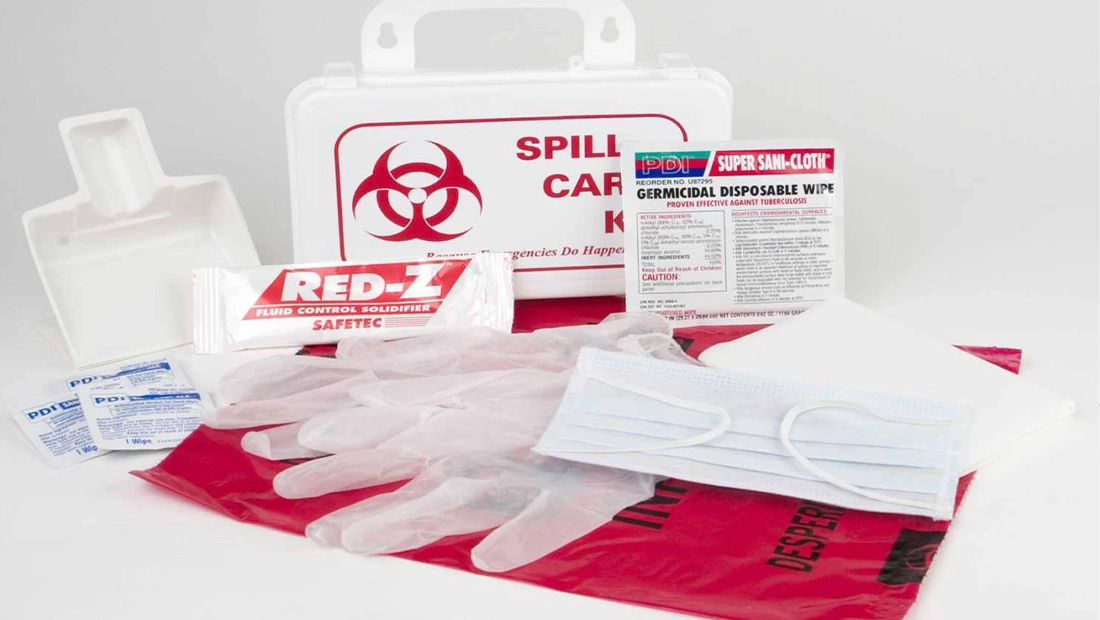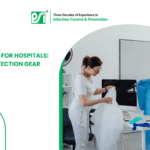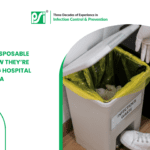Keeping it Clean: The Importance of Spill Management Kits in Hospital Settings
Spill management refers to the process of handling and containing accidental spills of hazardous substances in a safe and efficient manner. It involves the implementation of strategies and protocols to minimize the impact of spills on human health, the environment, and property. Spill management typically includes steps such as immediate response, containment, cleanup, and proper disposal of spilled material. Effective spill management aims to mitigate risks, protect individuals involved, and prevent the spread of hazardous substances, ensuring a prompt and organized response to minimize the potential consequences of spills.
Spill management holds significant importance in hospitals to ensure the safety of patients, healthcare providers, and the environment. The unique setting of healthcare facilities, where hazardous substances are frequently used, necessitates robust spill management protocols. The following key points highlight the importance of spill management in hospitals:
Patient Safety:
Prompt spill response and containment prevent patients from being exposed to hazardous substances, minimizing the risk of adverse health effects.
Effective spill management ensures a clean and safe environment for patients, reducing the potential for slips, trips, and falls.
Healthcare Provider Safety:
Proper spill management protocols protect healthcare providers from potential exposure to harmful substances, minimizing the risk of occupational hazards.
Adequate training and access to personal protective equipment (PPE) ensure the well-being of healthcare professionals during spill response and cleanup.
Infection Control:
Spill management practices align with infection control protocols, preventing the spread of infectious agents and maintaining a hygienic environment.
Immediate containment and proper cleanup minimize the risk of cross-contamination, protecting both patients and healthcare providers.
Environmental Protection:
Hospitals must prioritize spill management to prevent hazardous substances from polluting the environment.
Proper containment, cleanup, and disposal of spills reduce the risk of contamination in water bodies, soil, and the air, preserving the surrounding ecosystem.
Regulatory Compliance:
Adhering to spill management regulations and guidelines ensures compliance with environmental and occupational health and safety standards.
Hospitals that implement effective spill management practices demonstrate their commitment to patient safety and regulatory requirements.
Emergency Preparedness:
Spill management plans and training contribute to hospitals’ overall emergency preparedness.
Preparedness for spills enhances response capabilities, allowing healthcare facilities to handle emergencies efficiently and minimize disruption to patient care.
Reputation and Trust:
Effective spill management enhances a hospital’s reputation by showcasing its commitment to patient safety, staff well-being, and environmental responsibility.
Stakeholders, including patients, staff, and the community, gain confidence in the hospital’s ability to handle emergencies and prioritize their well-being.
Visit Now: Hospital Spill Management Kits
All in all …..
Spill management in hospitals is of utmost importance for ensuring patient and healthcare provider safety, infection control, environmental protection, regulatory compliance, and emergency preparedness. By implementing robust spill management protocols and providing adequate training and resources, hospitals can maintain a safe and healthy environment for all stakeholders and uphold their reputation as trusted healthcare institutions.



